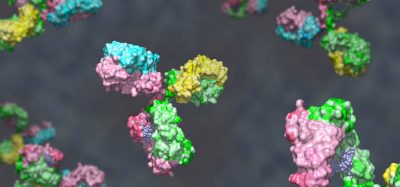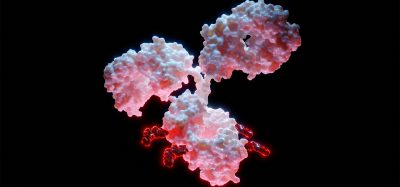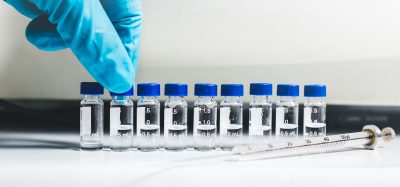Single antibody protects non-human primates from Ebola virus
Posted: 26 February 2016 | Victoria White | No comments yet
A single monoclonal antibody isolated from a human survivor of Ebola virus completely protected monkeys from lethal infection with the virus…


A single monoclonal antibody isolated from a human survivor of Ebola virus disease (EVD) completely protected monkeys from lethal infection with the virus, according to new research.
Importantly, the antibody, known as mAb114, was effective even when given five days after exposure to Ebola virus, suggesting that it could hold promise as a potential treatment for human cases of EVD.
Although several clinical trials are in progress, there are currently no licensed therapies against Ebola virus. Antibodies, or proteins produced by the immune system in response to infection, represent one possible approach to treating the disease.
Biomarkers aren’t just supporting drug discovery – they’re driving it
FREE market report
From smarter trials to faster insights, this report unpacks the science, strategy and real-world impact behind the next generation of precision therapies.
What you’ll unlock:
- How biomarkers are guiding dose selection and early efficacy decisions in complex trials
- Why multi-omics, liquid biopsy and digital tools are redefining the discovery process
- What makes lab data regulatory-ready and why alignment matters from day one
Explore how biomarkers are shaping early drug development
Access the full report – it’s free!
In the study, investigators from the U.S. Army Medical Research Institute of Infectious Diseases (USAMRIID) administered a lethal dose of Zaire ebolavirus to rhesus macaques. After five days, the team treated three of the animals with daily intravenous injections of mAb114 for three consecutive days. All the treated animals survived and were free of EVD symptoms, while the untreated animal developed clinical signs of the disease.
The antibody was developed by scientists at the National Institute of Allergy and Infectious Diseases (NIAID), who discovered Ebola virus antibodies in blood samples from a survivor of the 1995 Ebola virus outbreak in Kikwit, Democratic Republic of the Congo. Investigators from the Institute for Research in Biomedicine in Switzerland isolated the specific antibodies to test for potential efficacy in treating Ebola virus infection.
First study to evaluate the efficacy of a single antibody against Ebola virus
According to John C. Trefry, Ph.D., of USAMRIID, a principal investigator, the study is the first to successfully evaluate a single antibody for efficacy against Ebola virus.
“While several antibody ‘cocktails’ have been tested, this is the first time we’ve evaluated a single antibody and demonstrated protection in nonhuman primates,” Trefry said, adding that having a single antibody could greatly simplify the development and regulatory approval process.
“This work highlights the importance of interagency collaboration,” commented Sina Bavari, Ph.D., USAMRIID’s science director. “The scientific community has learned a great deal from the largest Ebola outbreak in history. Combining our efforts is the best way to develop new medical countermeasures for prevention and treatment.”
Related topics
Antibody Discovery
Related conditions
Ebola
Related organisations
National Institute of Allergy and Infectious Diseases (NIAID)








